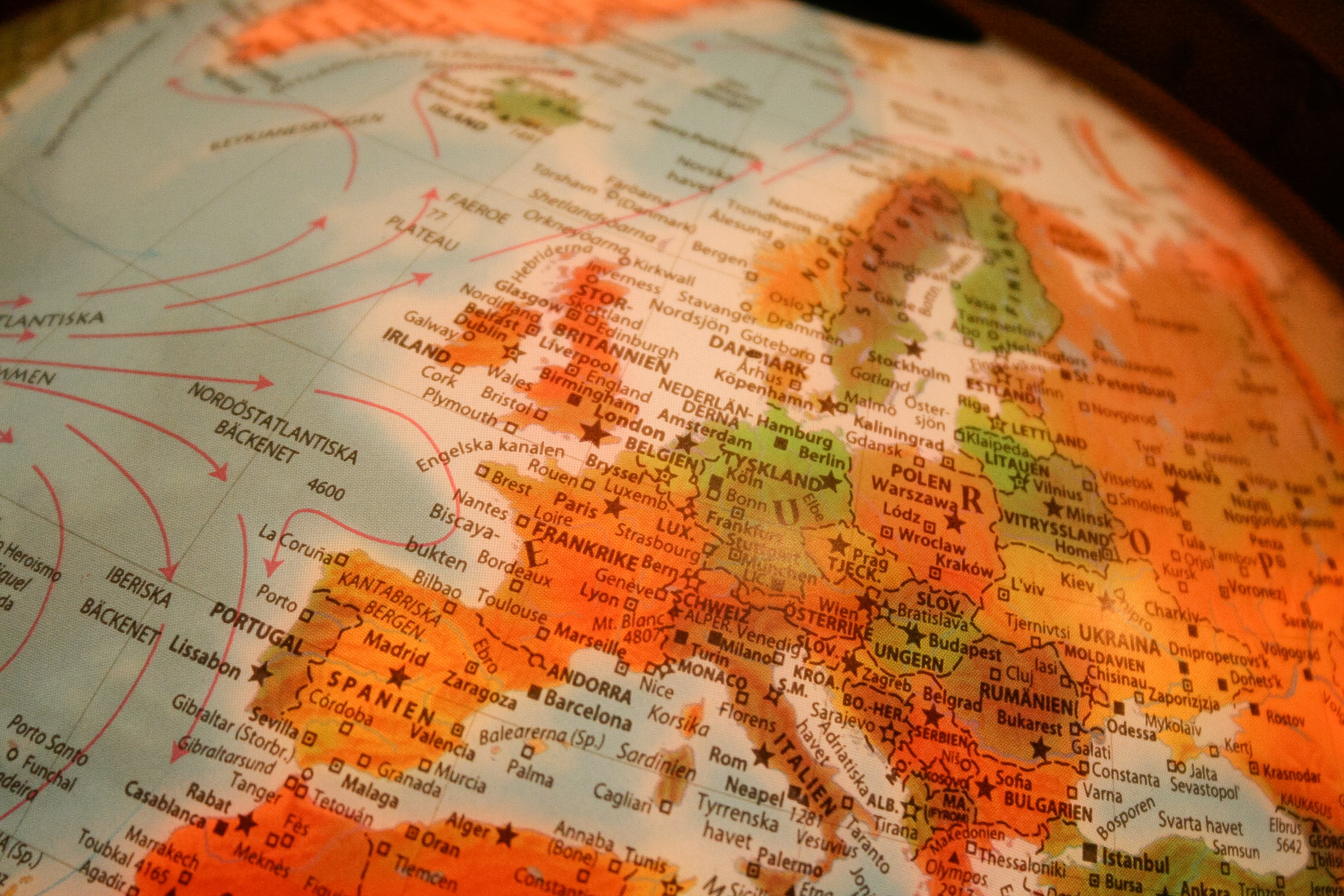
by Alex Dunnagan | Apr 23, 2020
A consortium of financial services lobbyists has written to the European Commission calling for a delay to the implementation of anti-avoidance measures due to be rolled out on 01 July.1 As first reported in Law360,2 the letter – also sent to the OECD and to...

by George Turner | Apr 14, 2020
Throughout the coronavirus crisis, technology companies have played an important role in efforts to combat the disease. Google has been using its data to monitor movements amongst the population and test the effectiveness of lockdown measures. Amazon has partnered...

by George Turner | Apr 9, 2020
As governments around the world struggle to deal with the outbreak of Covid-19 our tech companies are keen to show that they are playing their part too. Over the last two weeks there have been a number of announcements from the world’s largest tech companies setting...

by George Turner | Apr 8, 2020
A new study has shown that large technology companies have historically paid more than four times in tax on their US profits than on profits made in the rest of the world. In our latest study, we looked at pre-tax profits reported by major multinational companies in...

by Alex Dunnagan | Apr 1, 2020
Gambling is big business. The boss of bet365, Denise Coates, has been in the press recently for paying herself the staggering amount of £323m (£277m in salary plus £46m in dividends) last year, the equivalent of £1.3m per working day. £235bn in bets have been wagered...






